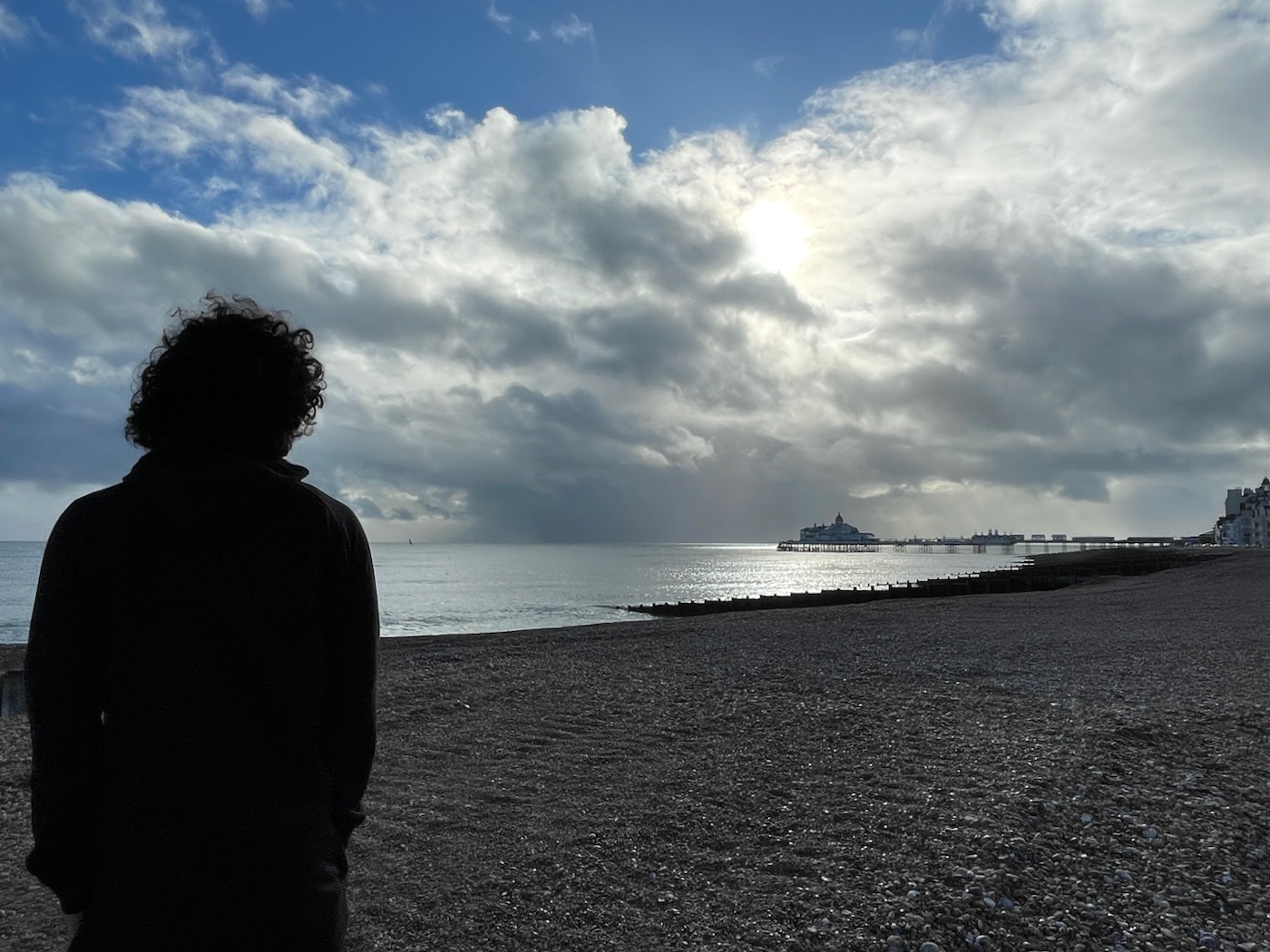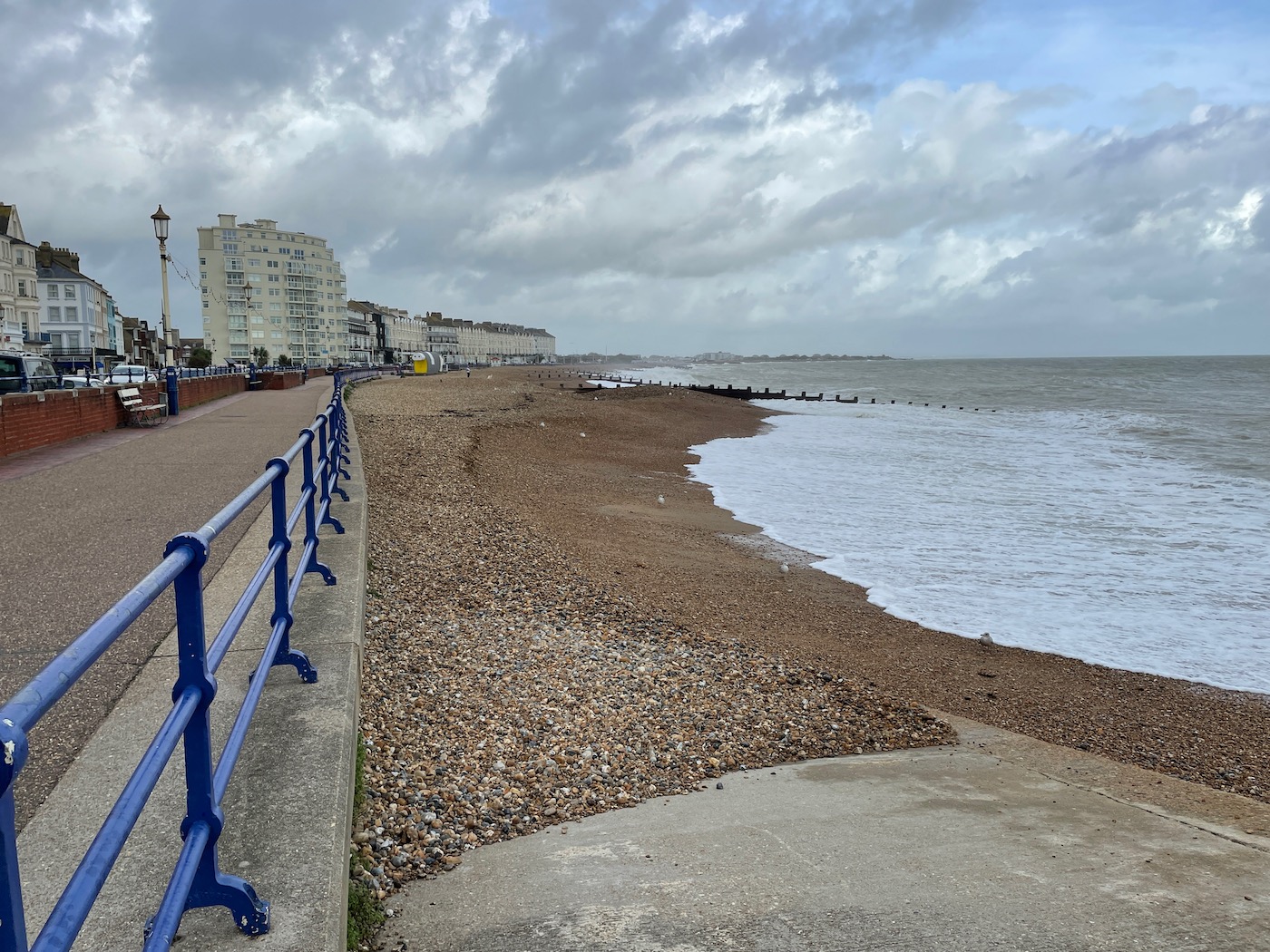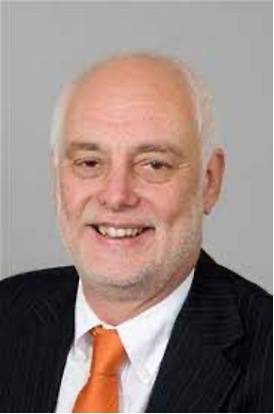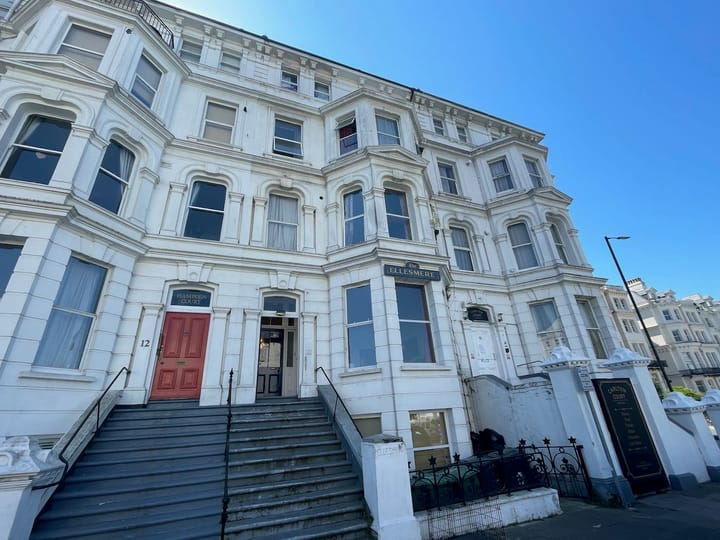‘I am human. I want to study and I want to work’, says asylum seeker in Eastbourne

AS controversy continues about the placement of asylum seekers in hotels around the country – including at six hotels in Eastbourne – I spoke to one young Iraqi who has arrived on the East Sussex coast after a tortuous two-year journey across Europe.
ALI is 22 years old. He tells me his story of endurance, journeying across Europe, as we sit on a seafront bench in Eastbourne in the November sunshine.
He seems positive and talks eagerly of the future and his plans, despite the privation he has endured in a typical migrant journey.
It has spanned more than 3,000 miles, zigzagging across Europe from eastern Iraq to end on the East Sussex coast.
He has slept on streets, in containers, had little food and finally faced a terrifying trip in a small boat across the Channel.
Ali (not his real name) has left behind his parents, a brother and four sisters in Maysan, south-east Iraq. He knows he will never see them again in Iraq – the best he can hope for is to meet them in Turkey a long way in the future.
Working as a barber, he managed to save enough money to leave. He says Iraq is a lawless country with no freedom: he has seen people shot in the street while the police watch but do nothing.

He speaks in passionate but halting English, learned from friends.
“I hate my country because it is not for humans. People want freedom but the police treat them like animals. How can I marry and see my children stay in a system like this?” he asks.
“I am human. I want to study and I want to work. I am young. It is a very good future here.”
Last month Iraqi lawmakers approved Mohammed Shia al-Sudani as the new prime minister. He has vowed to reform the economy, fight corruption, and combat poverty and unemployment.
Anti-government protesters took to the streets in their thousands in 2019, demanding jobs and the departure of Iraq’s ruling elite. The country is also plagued by sectarian violence.
The first country Ali stopped in briefly was Belarus, about 1,500 miles north of Iraq, which has become an established migrant route into the edge of Europe.
Like many others, he then crossed the border into Lithuania where he spent more than a year. When the migrant camp he was in closed, he said he spent months living in a container with three other people.
Eventually, he moved on through Poland and into Germany where he stayed for two months. Unable to settle or find work, he moved on through France to Genoa in Italy where he was told all the hostels for migrants were full, so he slept on the streets for a week, just surviving.
Finally, he travelled to Calais where, for a place on a small boat with 41 other people, he haggled the fare down from 1,500 euros to 900 euros. They left at 2am and were towed to safety near Dover by the Border Force.
Ali said: “This is the life for migrants. It’s very difficult. I was feeling very bad – it was very dangerous.”
According to Home Office data, about 40,000 people have crossed the channel so far this year in small boats, the highest number since figures were first collected in 2018.
After a few days at the Manston migrant processing centre in Kent, Ali was placed at a hotel in Eastbourne about three weeks ago.
He has been told he can’t work but has been given clothes and a mobile phone with a SIM card. “This town is very beautiful,” he adds, gazing along the beach towards the pier. “I want to stay in this country and understand everything about it.”

Several hotels along Eastbourne seafront are housing asylum seekers. Some are likely to remain until at least the spring while their claims are processed by the Home Office.
The Government is thought to be paying £50 to £70 per night for a room. In an 80-room hotel, that equates to £4,000 a night at £50 a night if it’s full, or about £120,000 a month.
Two weeks ago, Eastbourne Borough Council wrote to the Home Office about the placement of asylum seekers in the town, among them vulnerable under-18s.
A council spokesperson said at the time: “Despite continued warnings about the suitability and location of the hotels that are being commandeered and concerns about the critical lack of safeguarding being exercised, the Home Office has not given us any indication of a change in their policy.
“We hope the Home Office will provide us with urgent assurances about the support for the placements they have already made and their intentions moving forward.”
Caroline Ansell, Conservative MP for Eastbourne, said she had expressed her serious concerns to immigration minister Robert Jenrick about the use of hotels in Eastbourne to people who had crossed the channel.
"Housing asylum seekers and economic migrants in hotels is no strategy and it is putting public services in our town under pressure,” she said.

Council leader David Tutt (above) told the Eastbourne Reporter that he had not had a reply from Mr Jenrick.
"We just seem to be being ignored but we won't let up," he said.
"The whole system that deals with applications needs to be totally overhauled in my opinion. There are jobs within the UK we can't fill and many of these people are skilled.
"Instead of paying for people to be staying in hotels, they could be employed and contributing in taxes to the national economy. And those who have no justifiable reason to be here could be returned to their own country."
The Home Office confirmed yesterday that Manston processing centre had been cleared after thousands had been crowded into tents during the autumn.
The Home Office’s Asylum Accommodation and Support Services Contracts (AASC) were awarded in January 2019 to help people through the asylum system.
It said at the time: “They will ensure that vulnerable asylum seekers have access to the support they need and set clear requirements on the standard and condition of accommodation.”
Clearsprings Ready Homes was awarded the contract for the south valued at £662 million for a ten-year period. The contracts total approximately £4 billion, according to the Government website.
Comments are welcome but they are pre-moderated
:: If you like my original journalism, please support me so I can keep writing
[kofi]


